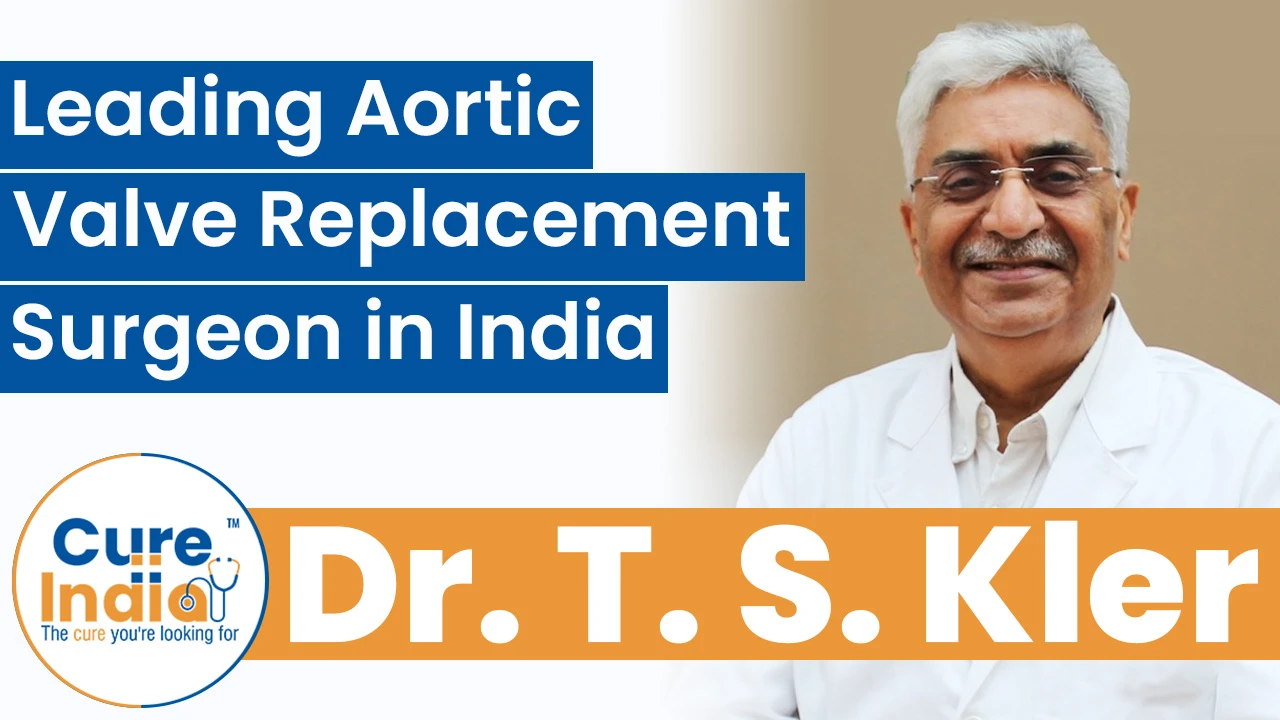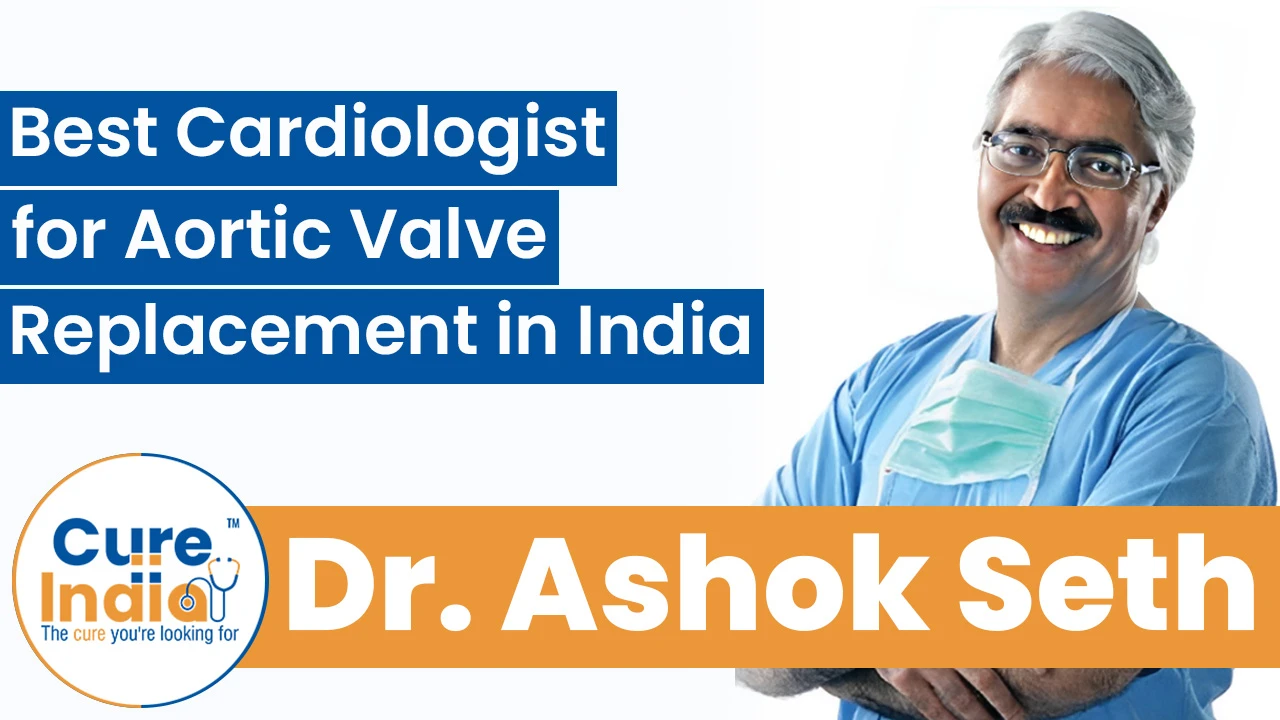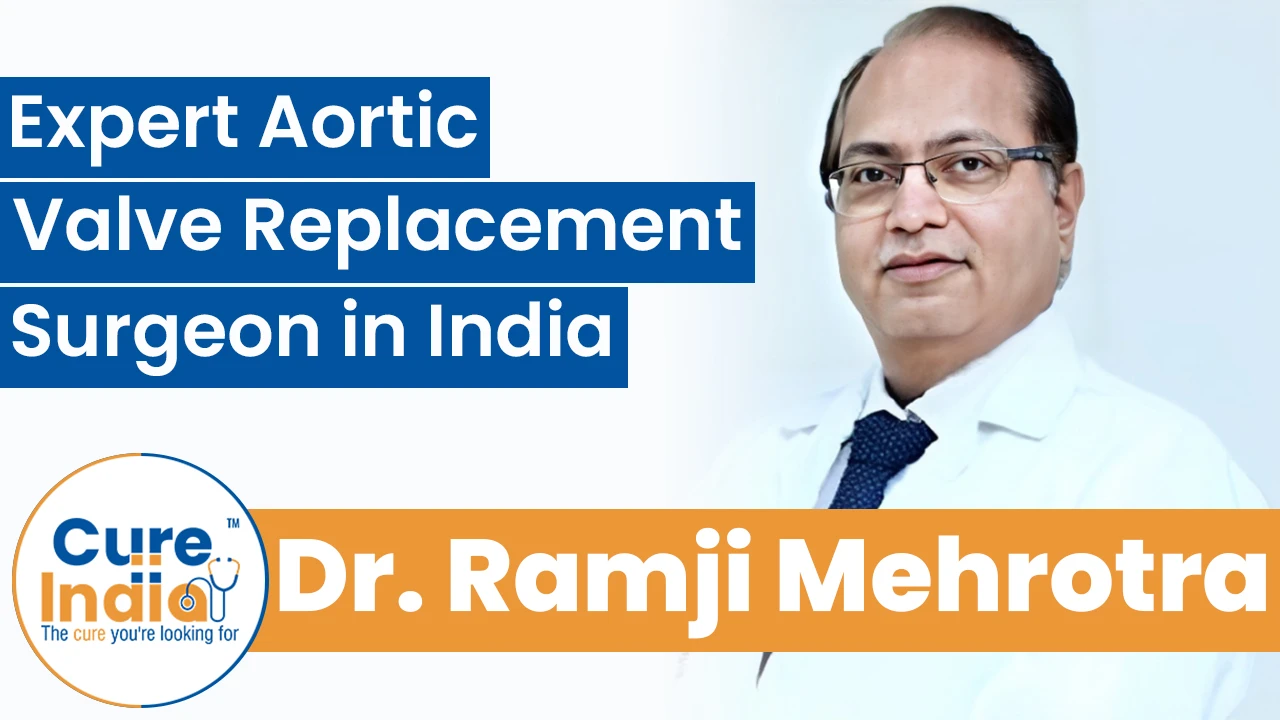

There are four valves of the heart: the tricuspid valve, the pulmonary valve, the mitral valve, and the aortic valve. Each of these valves has their own different functions. Such as; the function of the aortic valve is to carry oxygenated blood from the heart to the rest of the body. It is also responsible for preventing the backflow of blood into the ventricle. It is located between the left ventricle and the aorta. The damage of the aortic valve is referred to as aortic valve disease due to which the valve doesn’t open and closes properly. Aortic valve replacement surgery is a procedure that is carried out to treat the damaged aortic valve. Based on the severity of your valve condition, the doctor will decide whether you need valve repair or valve replacement.
Studies show that most of the patients who had aortic valve replacement surgery in Africa experienced post-surgery complications. Some of them are stroke, endocarditis, valve deterioration, etc. Post-surgery mortality is also high. Also, the healthcare system is in the process of upgrading its infrastructure and facilities which makes it difficult to provide premium service.
In India, the infrastructure and facilities have improved significantly over the last few years. The success rate of aortic valve replacement surgery in India is around 94% to 97%. The doctors in India are experienced with expertise in their particular areas. Many patients from different countries travel to get premium healthcare services at the top AVR hospitals in India at low cost. Many top hospitals also provide different packages for international patients.
The insufficient functioning of the aortic valve is known as aortic valve disease. It can be caused by the following conditions:

The need to replace the valve depends on how much damage has been caused. If the valve can be treated with the valve repair treatment, then you can avoid the valve replacement procedure. Your doctor will guide you about the best treatment for you according to your condition. If the damage is severe, then you may need a valve replacement surgery.
It's possible that the aortic valve has to be changed for one of these two reasons: The aperture of the valve has gotten narrower due to the narrowing of the valve, which prevents blood from flowing freely out of the heart and into the body. This condition is known as aortic stenosis, whereas regurgitation is when the valve does not close tightly enough, allowing blood to flow backward into the heart.
If treatment is not sought, the symptoms may get more severe over time and, in extreme situations, may result in life-threatening conditions, such as heart failure. Because no medications can address abnormalities with the aortic valve, valve replacement surgery is the only option if you are at risk of significant consequences but are otherwise healthy enough to undergo the procedure.
In adults, there are some main conditions that drive the body towards Aortic Stenosis:
Aortic valve stenosis may be mild or severe. The signs and symptoms of valvular stenosis gradually develop as a result of the narrowing of the valve. More often, if you already have a faulty valve, high-intensity exercise can increase the severity of your condition. It is time to see your doctor if you are experiencing the following symptoms.

The valve that the surgeon uses during aortic valve replacement surgery in India is mainly of two types i.e. Mechanical and Biological:
Mechanical valves are made of artificial elements like Titanium, Teflon, and Carbon. They last a long time and don't wear off in the body after replacing the original aortic valve. However, after the implantation of Mechanical valves in the body, your doctor may advise you to take blood-thinning medication for the rest of your life.
Biological valves, as the name suggests, are made of composite or bio-prosthetic materials, often extracted from animal tissue of a cow or a pig. These valves, however, have a lifetime of 15-20 years, which means you may be required to get a second valve replacement done later. These valves may not require you to consume blood-thinning medicines. Biological valves are more commonly used in heart valve replacement operations than mechanical valves.
Before your aortic valve replacement surgery in India, a strong dose of general anesthesia is administered to you to put you into a deep sleep until the surgery is completed. As soon as you are in a deep sleep, your surgeon will proceed with the procedure. The nurse will shave and sanitize the skin on your chest.

Your surgeon will make an incision on your chest, cut around the breastbone, and spread the ribs to reach the heart. To accomplish the operation, the doctor needs your heart to be stable. To achieve this, your heart needs to be stopped temporarily. This can be achieved by using a heart-lung bypass machine. The machine is connected to your heart and it will keep the normal pumping of the blood just like the original heart does.
Your surgeon will remove the diseased aortic valve and replace it with either a mechanical (artificial aortic valve) or bio-prosthetic valve. The surgeon ensures that all the connections to the valves are properly fixed. Once the operation is completed, your surgeon will take you off the heart-lung bypass machine and your heart starts pumping normally. The incision is then closed with the stitches.

Aortic valve replacement surgery in India is a major surgery with high chances of complications unless performed by a specialist surgeon. CureIndia can help you choose the best aortic valve replacement surgeons in India who will perform the surgery at low costs. The doctors associated with us are highly experienced, internationally trained and also active members of many international associations. Let's hear from some of the best doctors for aortic valve replacement in India.




Many people from African countries like Nigeria, Kenya and Tanzania travel to India seeking the best treatment at minimum cost. India has a pool of internationally trained cardiac surgeons with many years of experience. The Indian cardiology hospitals equip the latest technology and treatment options as soon as they are available. The cardiac hospitals in India provide TAVR treatment, a minimally invasive treatment for valve diseases. The cost of aortic valve replacement surgery in India is much less than in other nations. The cost of aortic valve replacement in India is:
| Treatment | Cost in India | Stay in India |
|---|---|---|
| Aortic Valve Replacement Surgery in India | $6,000 - $9,000 | 10-12 Days |
| Transcatheter Aortic Valve Replacement Surgery in India | $34,000 - $36,000 | 25-30 Days |
After your aortic valve replacement surgery in India, you will have to spend a few days in an intensive care unit of a hospital where the nurses will keep you under observation:
Your doctor may also prescribe you an anticoagulant drug to prevent blood clots. You will have to consume this medicine for up to 3 months if you have received a biological valve, and if you have received a mechanical valve, then you will have to consume this medicine for a lifetime.
Complete recovery from aortic valve replacement surgery takes about 3 to 4 months. Your doctor will advise you to avoid activities that may cause exertion on the site of the operation. Most patients are discharged from the hospital after 4 to 7 days post-surgery, while 15 to 20 % of patients may need to spend a while at the hospital or rehabilitation unit for complete recovery. It depends on what is best for the patient considering the patient’s age and other factors.
The success of any surgery depends upon various factors. Such as the age of the patient, the expertise of the surgeon, a patient’s health condition and lifestyle, etc. However, the success rate of aortic valve replacement surgery is 94 to 97 %. Because of constantly upgrading facilities and infrastructure and highly qualified doctors, the overall success rate in the healthcare sector in India is increasing constantly.
The aortic valve replacement surgery cost in India depends on many factors such as the severity of a condition, the total cost of medications, the chosen hospital and its location, the charges of your surgeon, etc. However, the aortic valve replacement surgery cost in India is approximately between $7,000 and $7500 for one valve. Whereas it costs $50,000 and $200,000 in the US and $44,781.97 to $51,179 in the UK. Hence, the total cost of heart surgeries in India is much more affordable compared to other countries.
